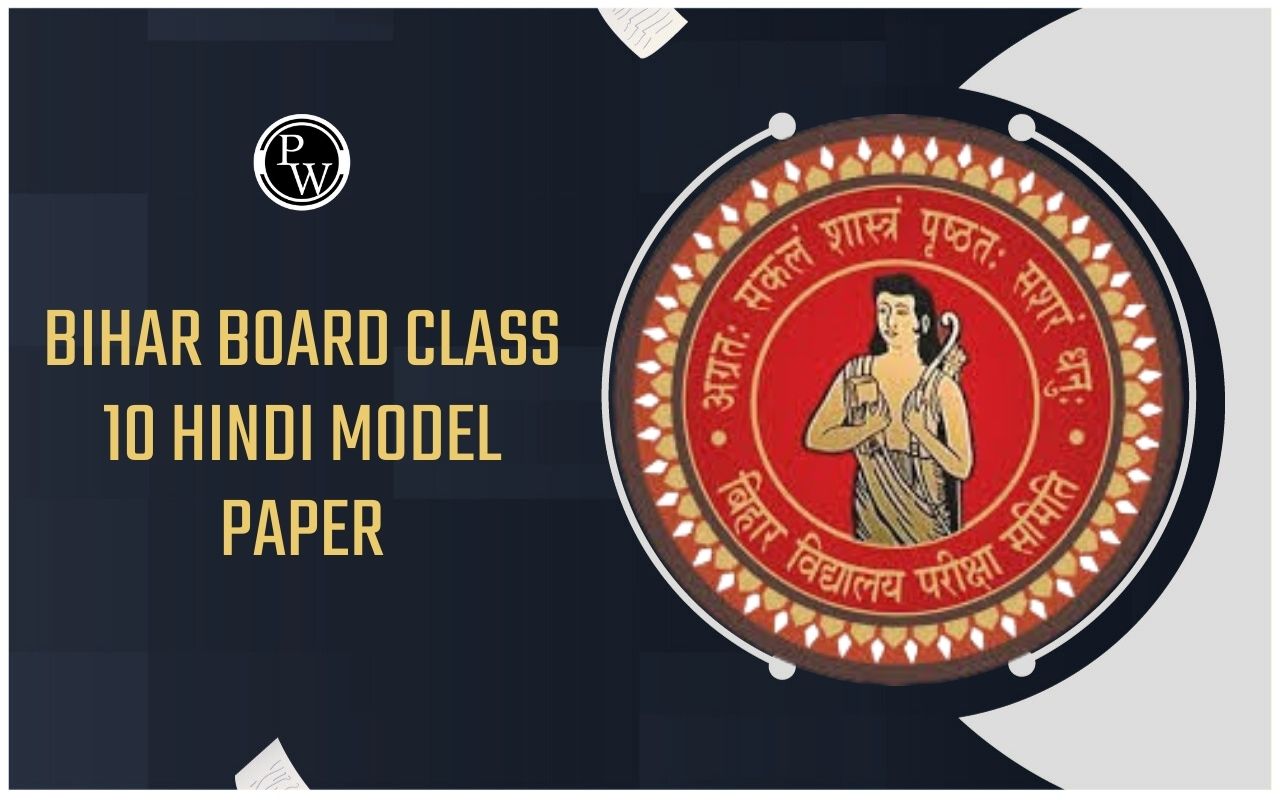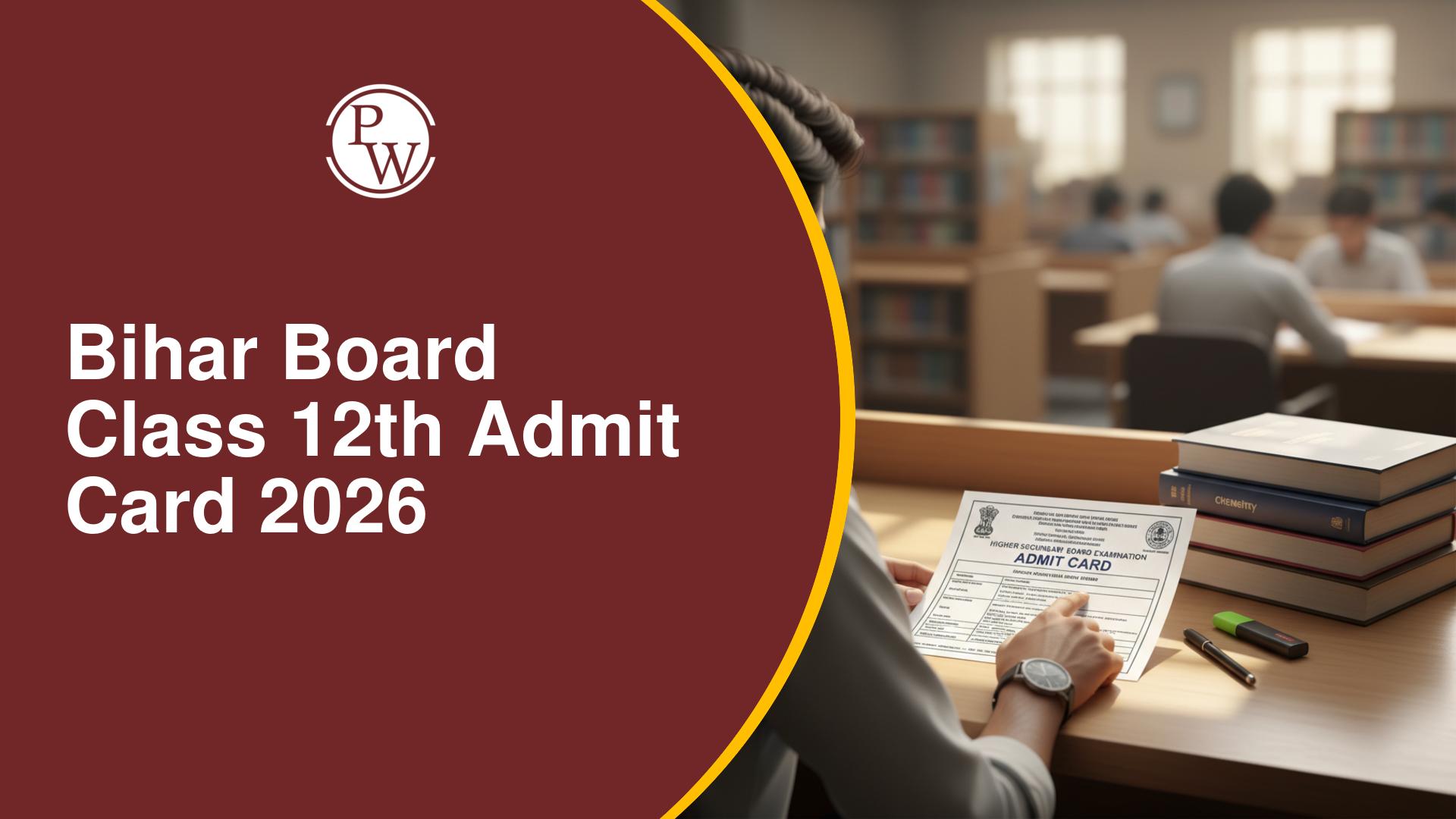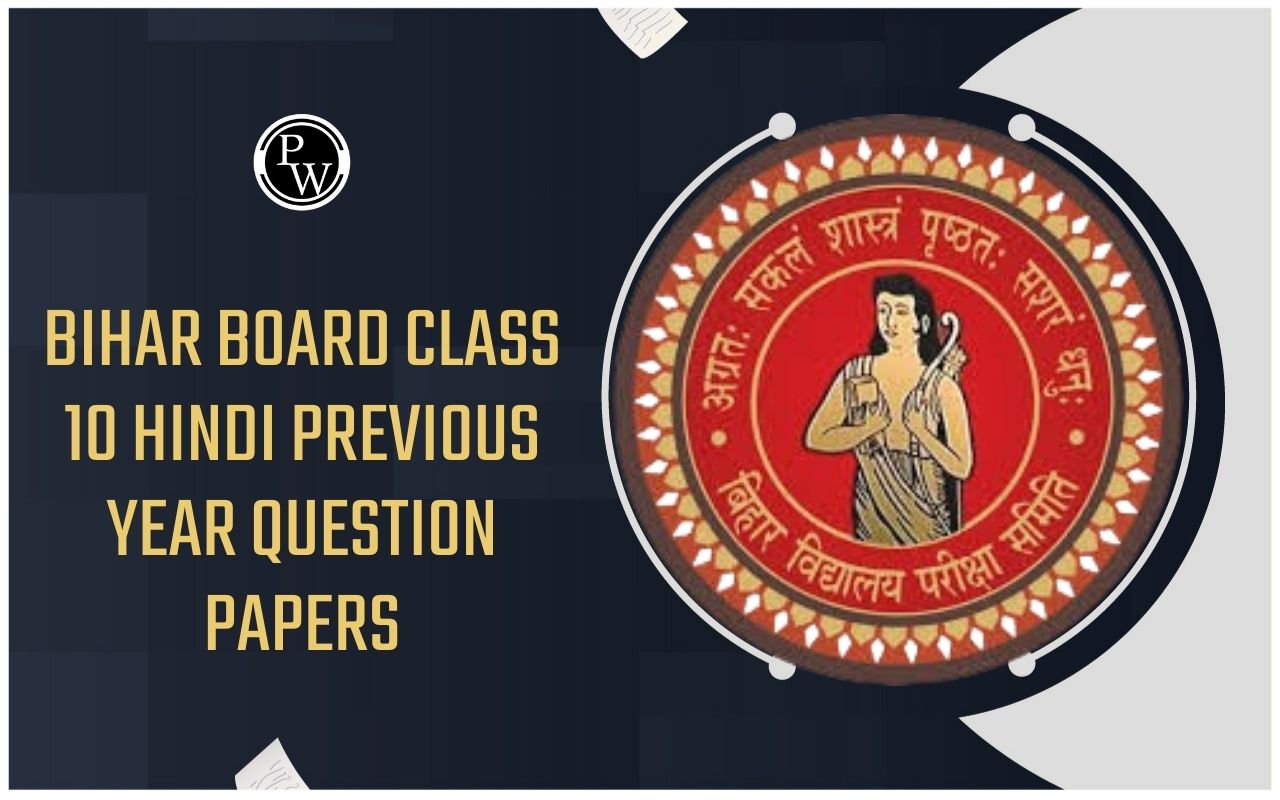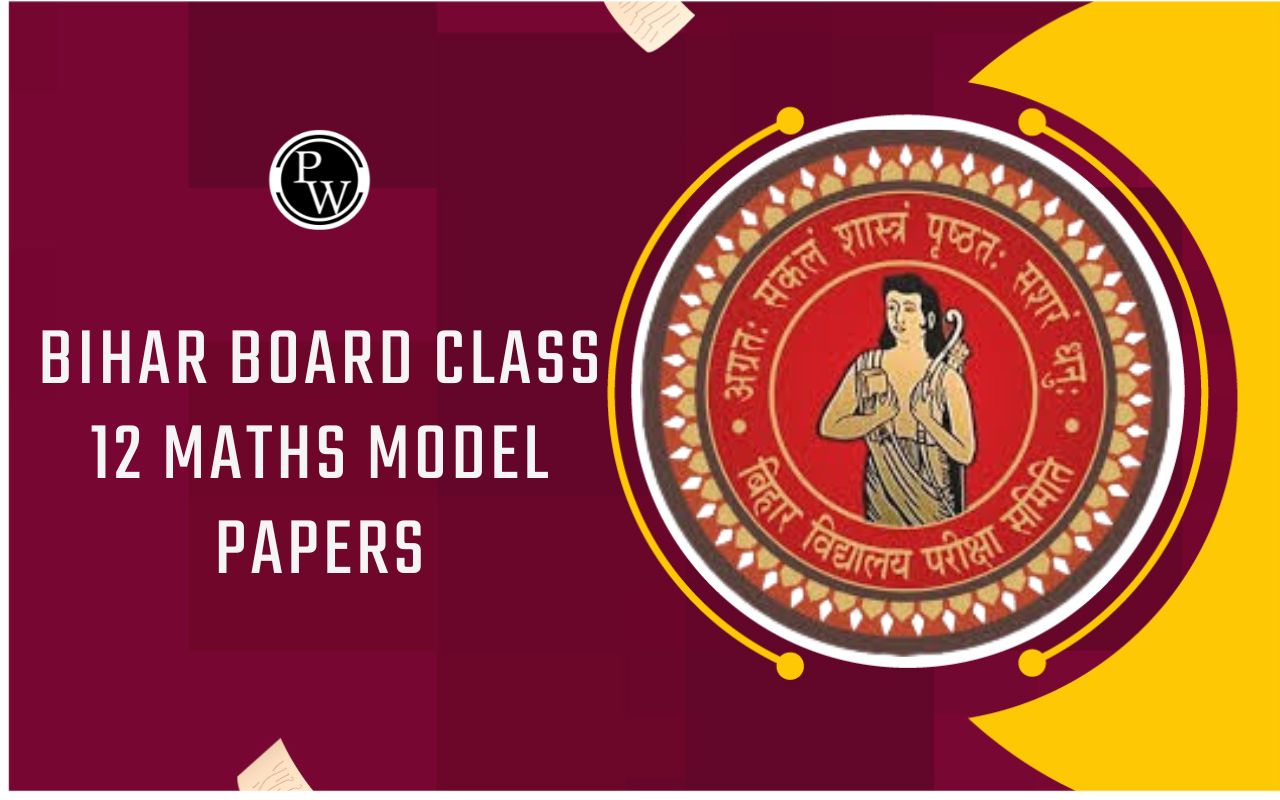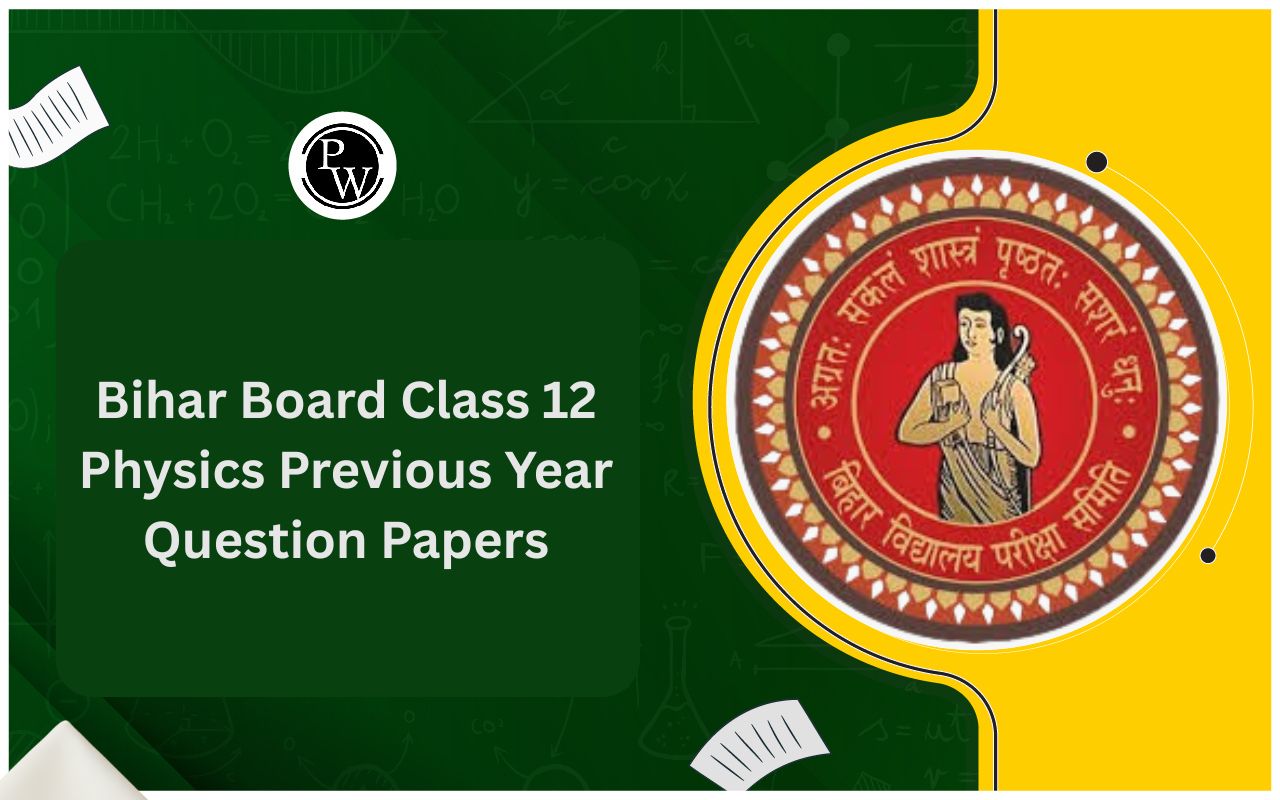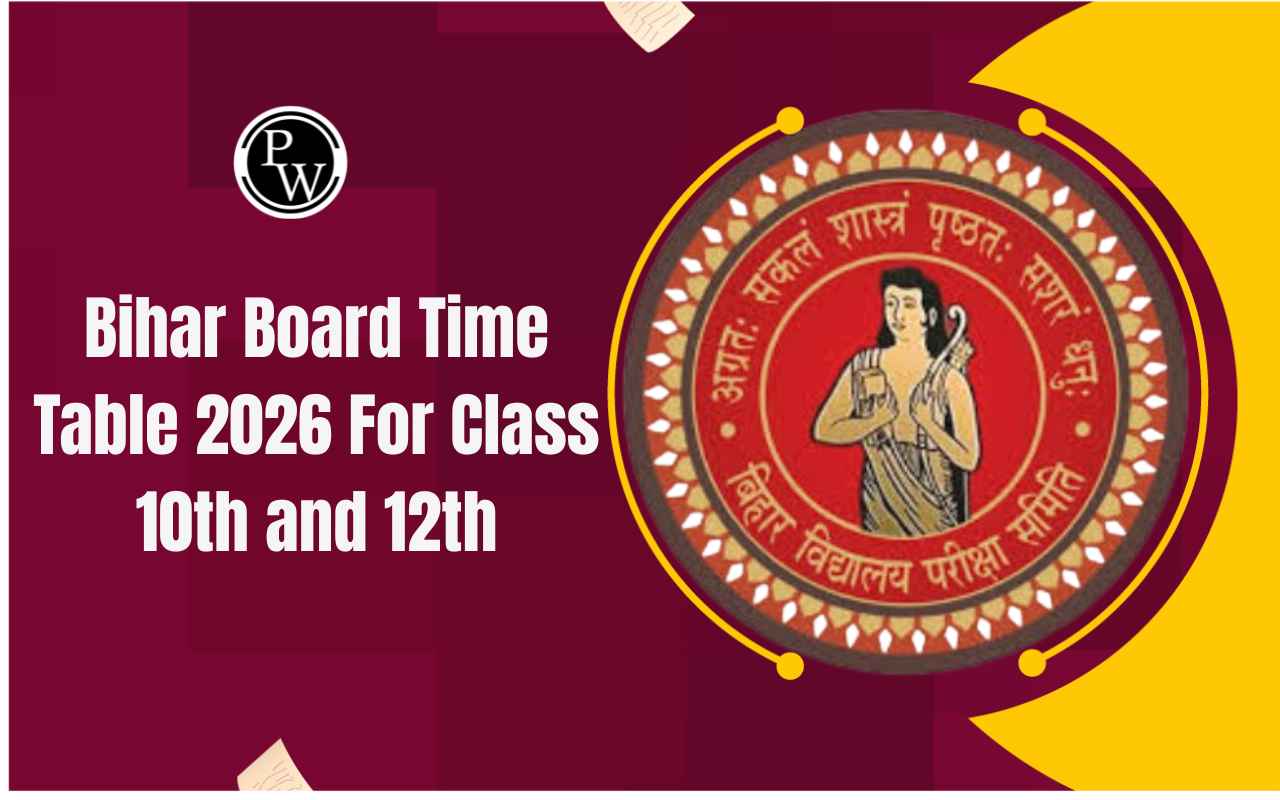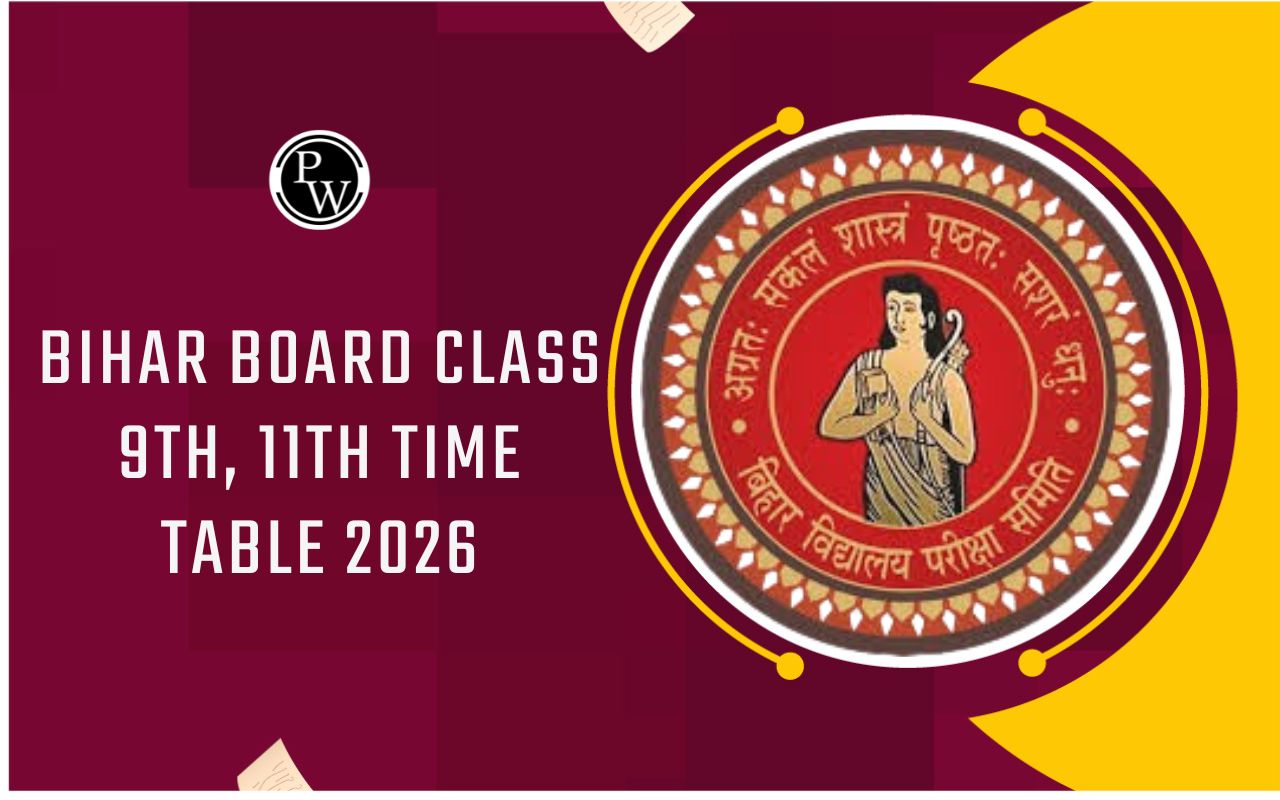
Bihar Board Class 11 History Syllabus 2025-26: The School Examination Board (BSEB) releases the syllabus on its official website. This year, the syllabus remains the same as last year. It aims at helping students understand how societies have transformed over time and how past events continue to influence the modern world.
The syllabus provides students with a comprehensive journey through important historical dates, events and the evolution of civilizations. The Bihar Board follows the NCERT curriculum, preparing students for national and international exams.
Bihar Board Class 11 History Syllabus 2025-26 Overview
The Bihar Board Class 11 History syllabus 2025-26 includes 11 units and various sub topics, each focusing on key historical themes and events. From the origin of human evolution and early civilizations to modernization, and revolutions, the syllabus encourages chronological learning and analytical thinking.
Each unit is allotted activities such as watching documentaries, participating in discussions, and examining historical sources. The syllabus focuses on learning of concepts, facts, and application-based learning. Here is a brief overview of the syllabus:
|
Bihar Board Class 11 History Syllabus 2025-26 Overview |
|
|
Board Name |
Bihar School Examination Board |
|
Class |
11th |
|
Subject |
History |
|
Academic Year |
2025-26 |
|
Mode of Examination |
Offline mode (Pen and Paper) |
|
Language |
English |
|
Official Website |
|
|
Total Marks |
100 Marks |
|
Exam Duration |
3 hours |
Students must also focus on understanding the exam pattern as it includes the types of questions to be answered in the exam.
Bihar Board Class 11 Political Science Syllabus
Bihar Board Class 11 History Syllabus 2025-26 Exam Format
Bihar Board Class 11 History Syllabus 2025-26 Exam Format is introduced by the Bihar Board, along with the activities students need to attempt for each unit. Students must give time to each unit and prioritize it according to the marking scheme.
The History subject carries the entire 100 marks for the written examination, making it important for the students to understand the historical events and retain information to score well.
Students must prepare from the NCERT-prescribed textbooks, as the syllabus follows the national curriculum pattern. They should focus on understanding the core concepts, timeline of events, key revolutions, and contributions of different civilizations. Here is the Bihar Board Class 11 History Syllabus 2025-26 Exam Format:
|
Bihar Board Class 11 History Syllabus 2025-26 Exam Format |
|||
|
Unit |
Content |
Resource/Activities |
Periods |
|
1 |
The History, Protohistory and History – Meaning, scope and relevance; Importance of chronology; sources; periodisation. |
Talk to old persons about stories, maxims, proverbs etc. of the bygone ages and locate examples of continuity and change from around everyday experiences. |
15 |
|
2 |
The Prehistoric world – Origin of human being and stages of prehistoric evolution. |
Visit to museums, sketches, T.V. shows. |
20 |
|
3 |
Ancient Civilizations – Mesopotamia, Rome, China, Greece.
|
T.V. shows, journals. Point out elements of similarities and differences among early urban centres, law codes, workers & females and their counterparts in the present times. |
30 |
|
4 |
The Medieval Order – Feudalism, States and Church
|
Pictures, charts, journals. Identify the points where the medieval civilization moved ahead of the ancient one. |
25 |
|
5 |
Vehicles of modernisation – ideas and institutions
|
T.V. shows, stories, paintings. Draw charts of the geographical location of different places. |
20 |
|
6 |
Modernisation affirmed: (a) The British experience – (i) Revolution of 1688, (ii) Industrial Revolution (b) The American war of Independence (c) The French Revolution |
Journals, magazines, cartoons. Discussions of advantages of industrial societies as compared to the pre-industrial one. |
20 |
|
7 |
Spread of Modernisation: (i) Europe – Greece, Italy, Germany, Turkey. (ii) Asia – China, Japan, Iran, India. |
Films, T.V. shows, pictures. |
20 |
|
8 |
Ills of Modernity
|
Documentaries, old narratives, T.V. shows. Locate the sections of societies which become looser at some modern development. |
20 |
|
9 |
Three Ideologies and their mutual conflicts:
|
Documentaries, journals, T.V. shows, cartoons. |
16 |
|
10 |
Sanity vs Motivated politics:
|
Documentation, T.V. shows, journals. |
20 |
|
11 |
Further changes / postmodernisation:
|
News clippings, magazines, journals. |
15 |
Bihar Board Class 11 Geography Syllabus
Bihar Board Class 11 History Syllabus 2026 PDF Download
To prepare for the exam thoroughly, students must refer to the syllabus to know about the units and sub topics and the activities to complete the syllabus. The Bihar Board released the combined syllabus for Class XI and XII altogether. Alternatively, students can also get the syllabus from here:
Bihar Board Class 11 History Syllabus 2025-26
Bihar Board Class 11 History Syllabus 2025-26 Benefits
-
The syllabus covers the prehistoric times to the post-modern world, giving students a broad understanding of human development, civilizations, revolutions, and ideologies.
-
The Bihar Board Class 11th Syllabus sets a base for Class 12th as the chapters are closely linked to each other, making it easier for students to learn advanced concepts in the next academic year.
-
The Resources/Activities like watching TV shows, journals, real-life discussions included in the syllabus for each unit promotes interactive and experiential learning, taking learning beyond the text.
-
Each unit has been allotted activities, helping students focus on important areas for scoring well in the 100-mark written exam.
-
Knowledge of historical events and global developments is not only beneficial for Class 11th exams but also helps in competitive exams like UPSC.
Bihar Board Class 11 English Syllabus
Bihar Board Class 11 History Exam 2026 Common Mistakes to Avoid
-
Students must not spend time on topics that are not included in the BSEB Syllabus. They must follow the updated syllabus as every year some topics are eliminated.
-
The Bihar board follows the NCERT books, and studying from non-NCERT books can lead to confusion. The exam is based on the NCERT and questions might appear from the NCERT in the exam.
-
The subject History is all about important dates and events related to History. Students must not ignore the chronological context as it may lead to confusion and misunderstanding of the past events.
-
Don’t delay the revision after learning a chapter. Regular revision is the key to remembering concepts and facts.
-
Map-based questions also appear in the exam. Students must practice map related historical events included in the syllabus.
Bihar Board Class 11 History Syllabus 2025-26 FAQs
Who releases the Bihar Board Class 11 History syllabus?
Has the Bihar Board released the Class 11 History syllabus for 2025-26?
Where can I download the Bihar Board Class 11 History syllabus?
What is the syllabus of Bihar Board Class 11 History for 2026?
How many chapters are there in Bihar Board 11th History syllabus 2026?


